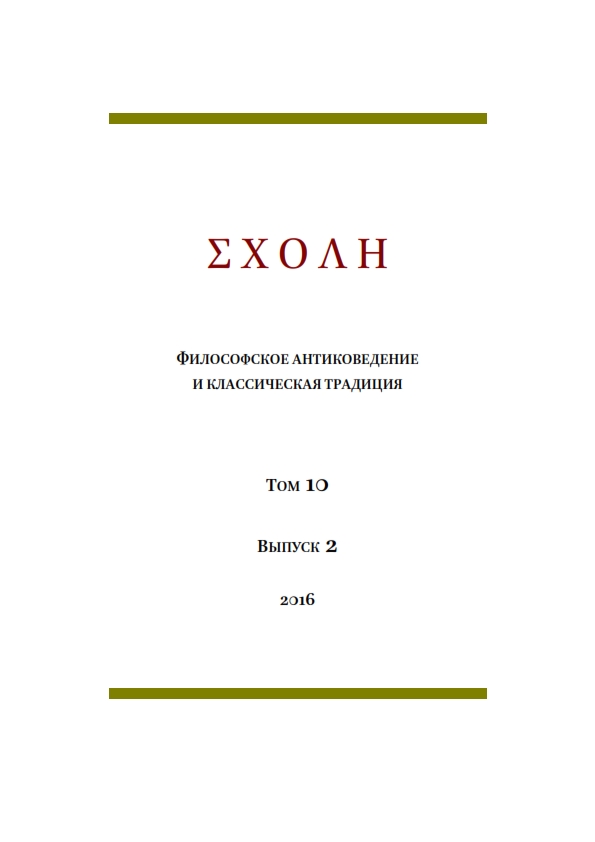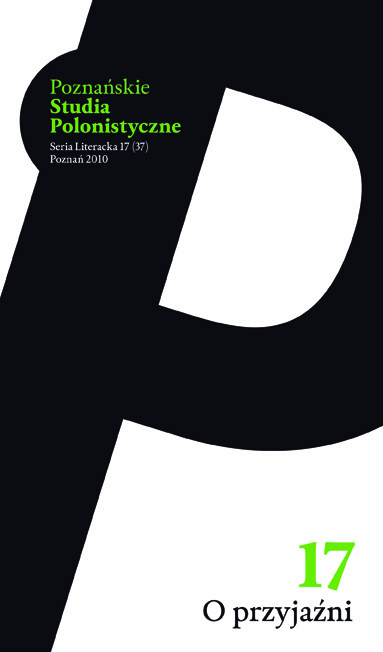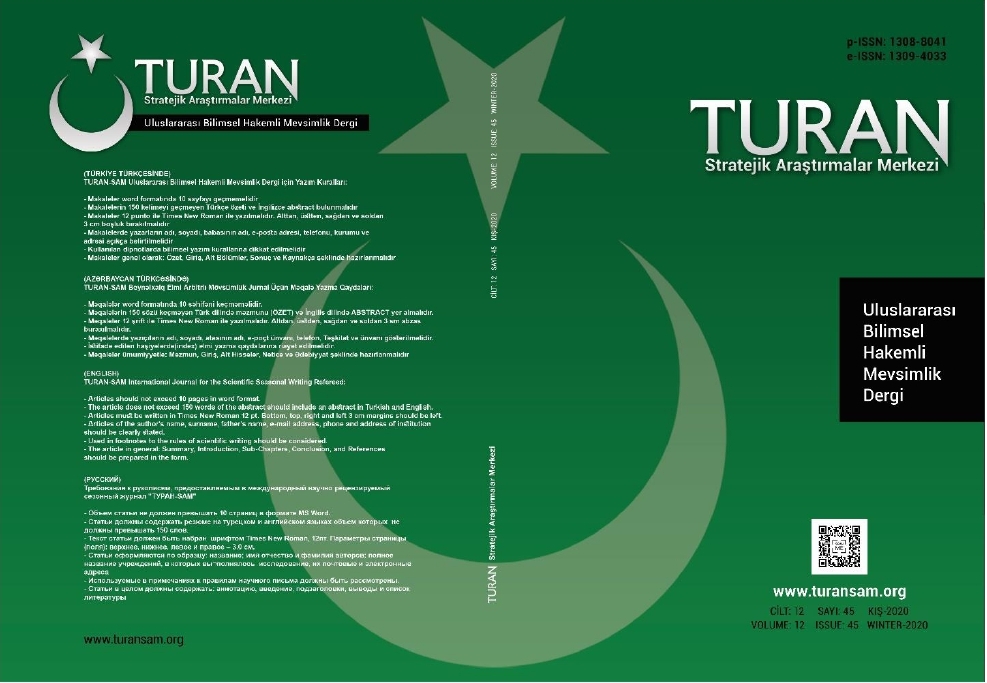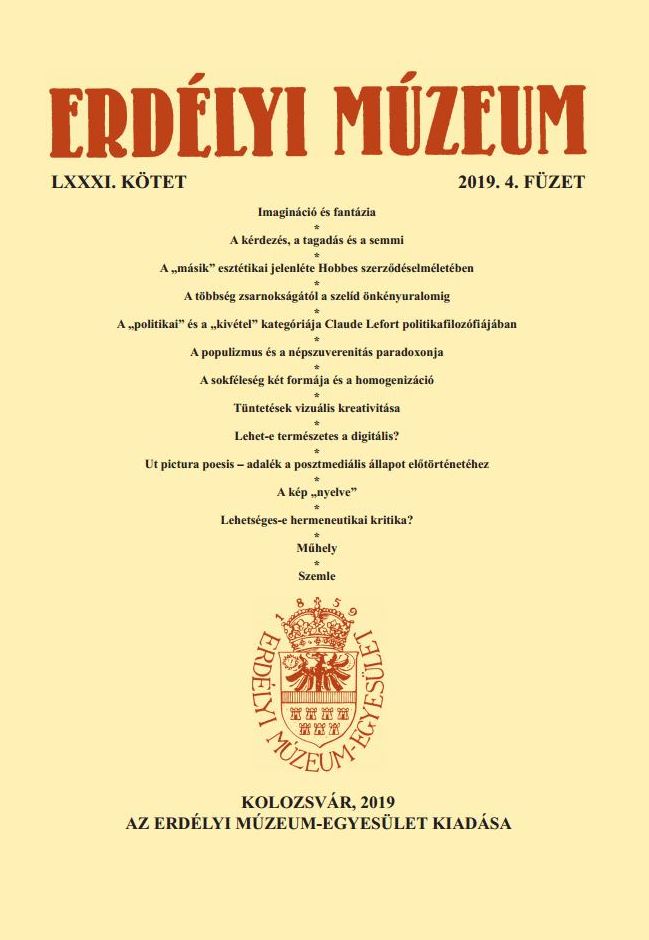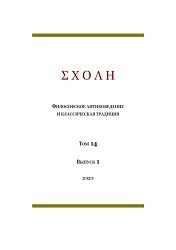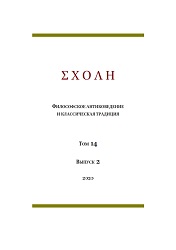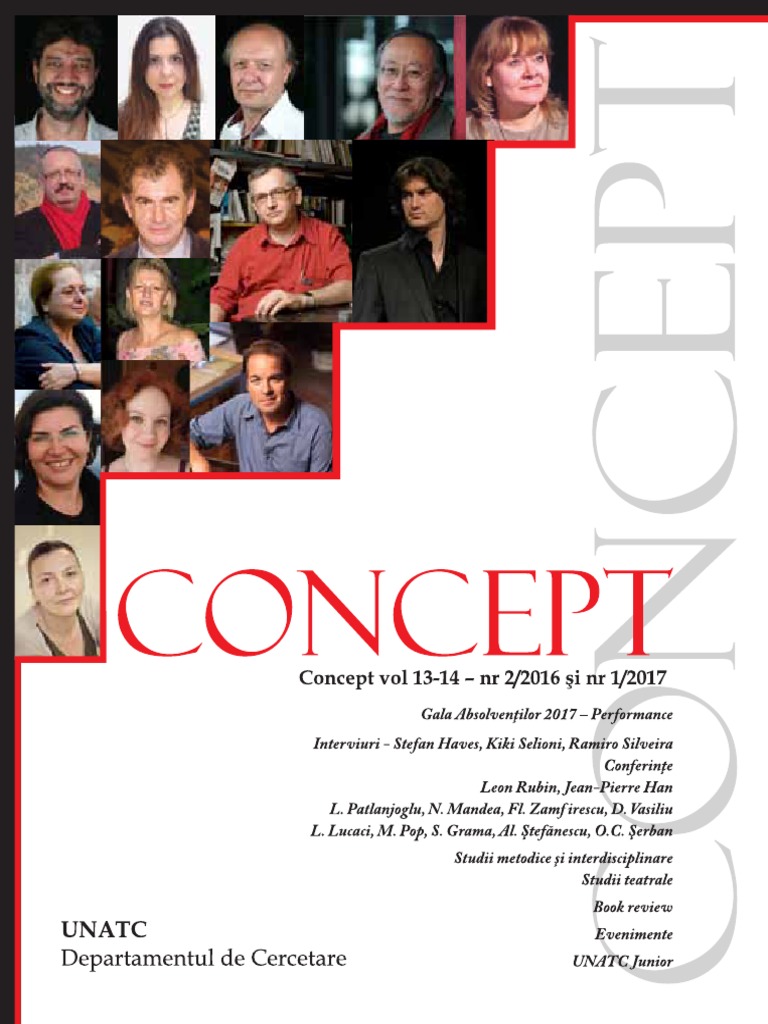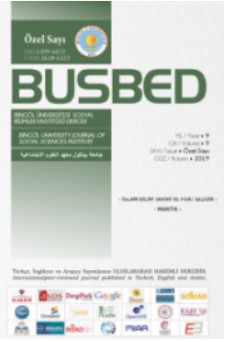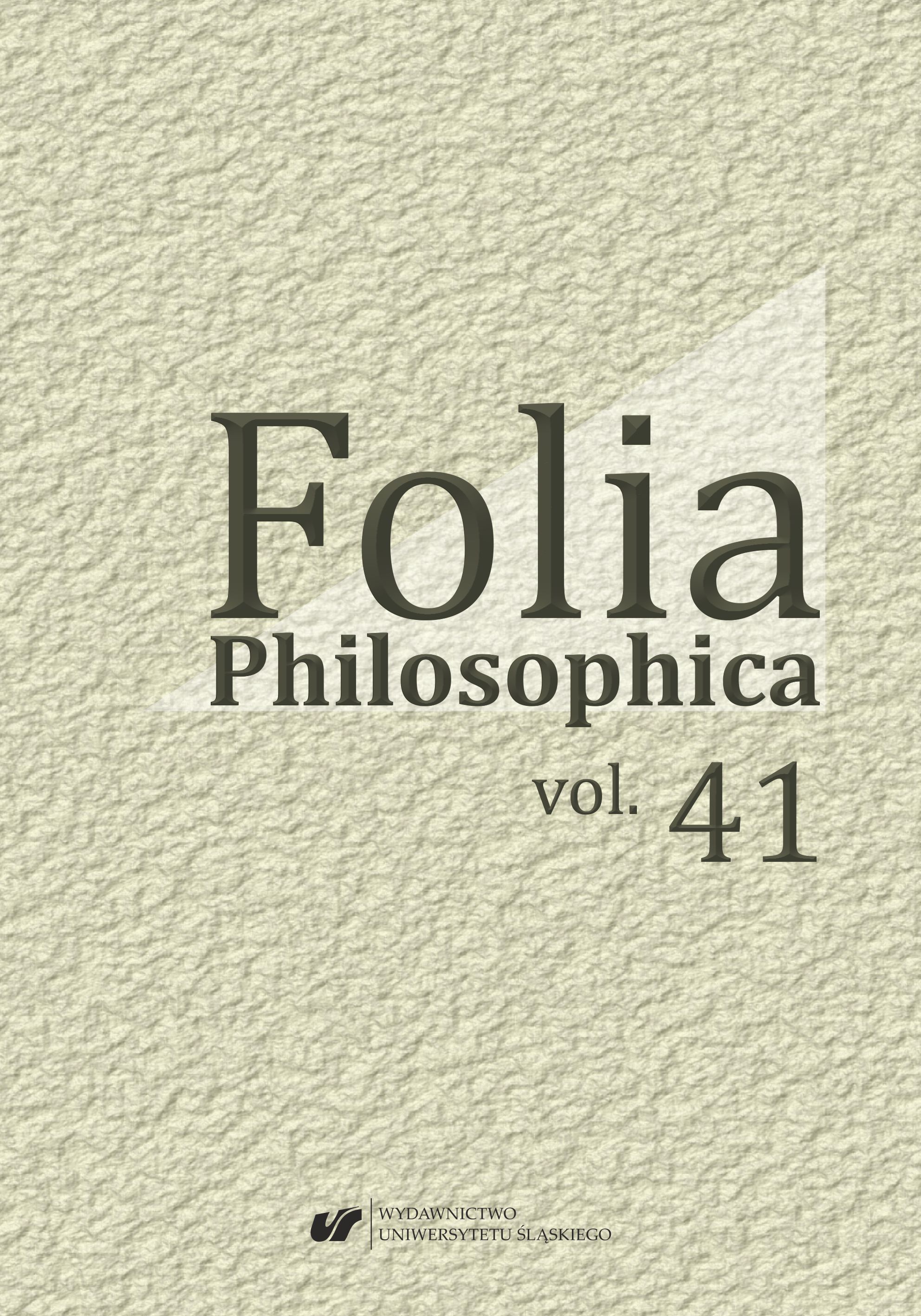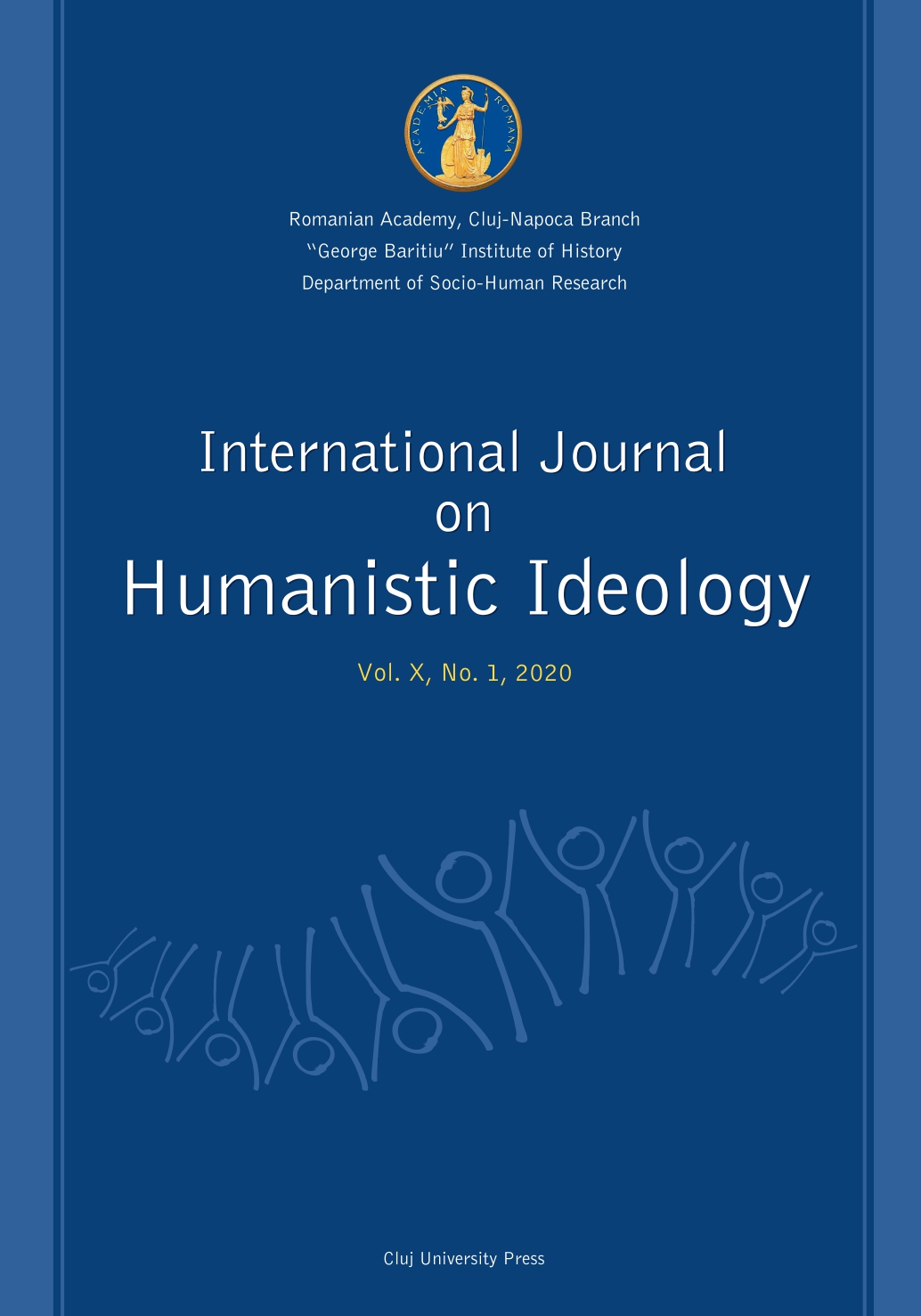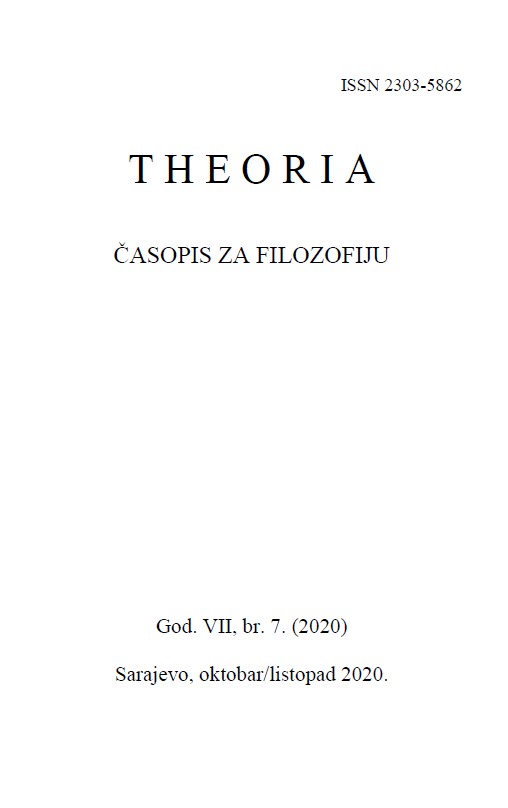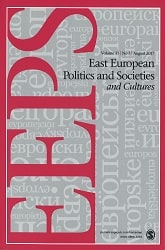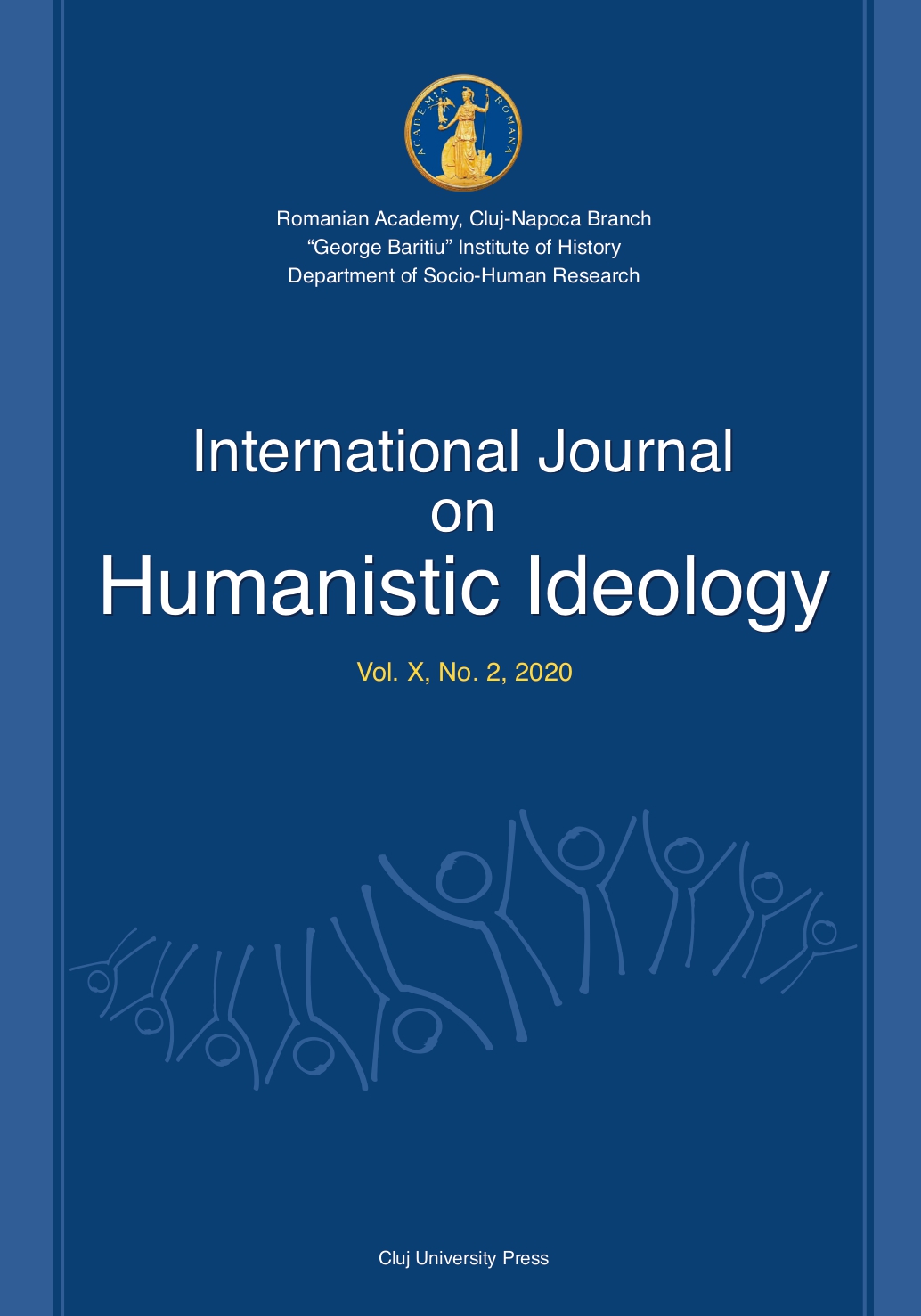Author(s): Valery V. Petroff / Language(s): Russian
Issue: 2/2020
The study offers a hermeneutic analysis of the apocryphal “Martyrdom of the Apostle Peter” (MPt). We argue that the main idea of Peter’s monologue from the cross is borrowed from Plato’s Timaeus (43e4–8), which describes a man who is placed upside down and thus perceives his right as left and considers truth a lie. MPt interpreted this account in the light of the Old Testament narrative about the expulsion of the first man Adam from paradise and the imperative to return to the “ancient fatherland”, following the “second Adam”, Jesus Christ, up to imitation of his death on the cross, transforming this instrument of shame and death into the tree of eternal life. The Apostle Peter, crucified on the cross with his head down, makes himself a living example of the existential overturn of man after the fall. Peter quotes an apocryphal λόγιον of Christ that exhorts to make everything upright: the earthly world order — right and left, top and bottom, front and back — should be again turned over and put from head to foot. Having established that Peter’s monologue constitutes a “discourse of reversal”, we argue that the starting point for constructing the λόγιον of Christ in the MPt was His saying in Matt 18:3: “if you don’t turn over (στραφῆτε) ..., you shall not enter the kingdom of heaven.” The apparently similar utterance from the “Gospel of Thomas”, usually indicated as a parallel, cannot be considered as such, since it urges not to reverse the “signs of nature”, but to overcome sexual differentiation. It is concluded that the “Martyrdom of Peter” demonstrates the primacy of its narrative (as well as the autonomy of its “hermetic” imagery) in comparison with the “Martyrdom of Philip”. Vocabulary, rhetoric, and contents of the MPt place it within the early Christian, Gnostic and Hermetic literature. A distinctive feature of the work is its distinct esotericism: it has an initiatory, mystagogical character, its own metaphysics and dramatic logic. On the contrary, the “Martyrdom of Philip” belongs to the genre of the lives of saints, saturated with wonders and fabulous details. The transfor-mations which “Martyrdom of Peter” undergoes in the Latin paraphrase by ps.-Linus are analyzed. It is shown that ps.-Linus fundamentally changes the narrative in order to make it conform with orthodoxy, although this is achieved at the cost of destroying the logic of the Greek prototype. An annotated Russian translation of the Apostle Peter’s monologue on the cross is published in the Appendix.
More...
